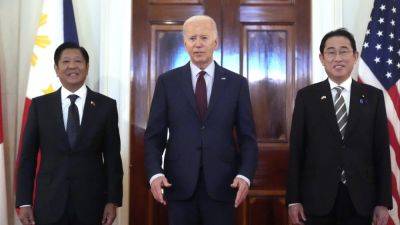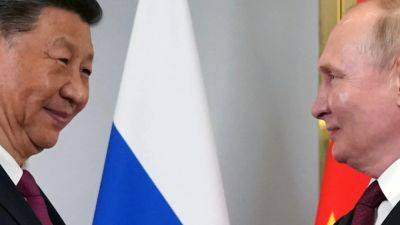Beyond ‘facts’
July 31, 2024
MANILA – I always open my science and risk communication classes with an exercise. I ask my students if they eat burgers. All but one or two will join the chorus: Yes!
“But,” I tell them, “Facts show that burgers are high in saturated fat, sugars, and sodium.”“We know!” the class throws up its collective hands, “Our doctors, parents, and teachers all say the same thing.”
“The facts objectively say that burgers are bad,” I remind them, “You know the facts, so why do you keep eating burgers?”
The students’ responses vary. They don’t eat burgers all the time. They eat vegetables, too. Can’t they treat themselves once in a while for a job well done at school?
“So you’re not going to change your behavior because of the facts,” I deliver the death blow, “But you expect other people to make decisions based on them? What makes you so special?”
The students often react with a gasp, then another intake of air to show that they’re about to respond. Sometimes, the students try to extricate themselves from “the lay public” (i.e., “everybody else”) because they “know better.” They then fall deeper into the debate, and question why “knowing” is automatically “better,” and why “objectivity” is “good.”
Most of the time, the students pause as they realize that science and risk communication isn’t what they think it is. It’s not about conveying facts to a lay public so that people can make informed decisions. The field is bigger, deeper than that.
In another session, I ask the students to tell me how comfortable they would be if they had one inch of floodwater in their house. The students who are used to floods simply shrug; the students who live in affluent, less-flood-prone neighborhoods look at me in horror.
“Objective







